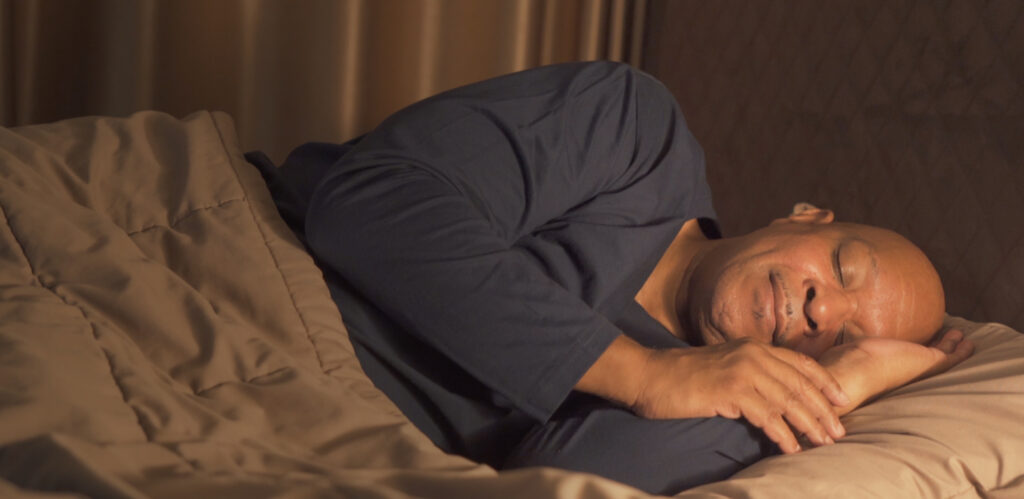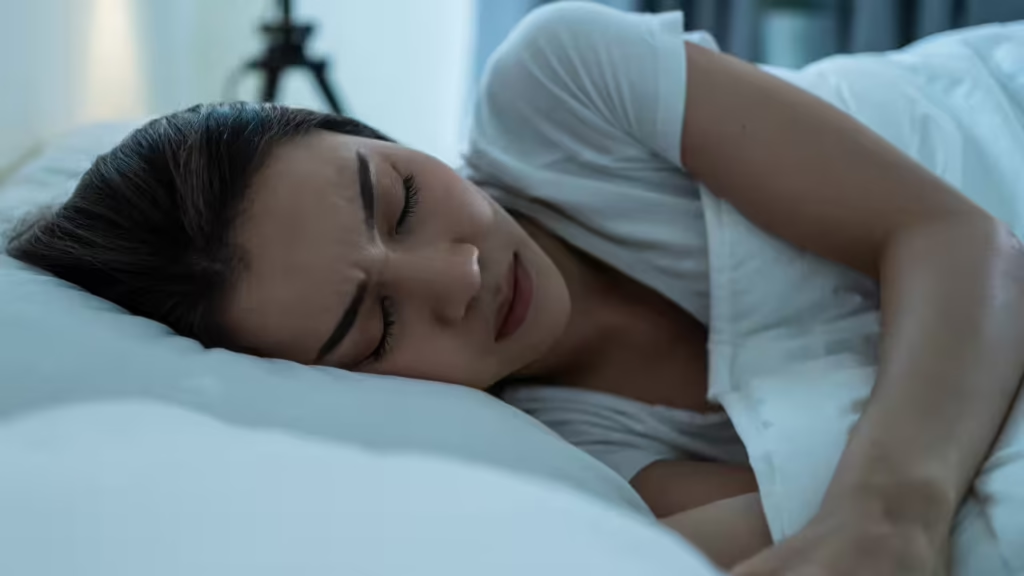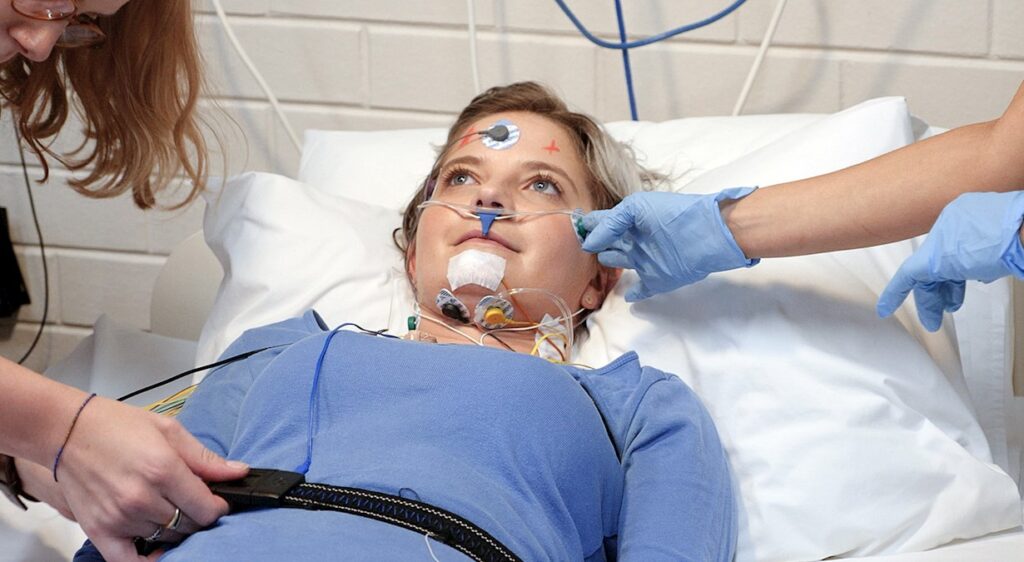Sleep tests play a crucial role in diagnosing and treating sleep disorders. However, many Australians are hesitant to undergo these tests due to concerns about their cost. In this article, we will explore the various aspects of sleep tests in Australia, including what they entail, why they are important, and the financial implications involved.
Understanding Sleep Tests
What is a Sleep Test?
A sleep test, also known as a sleep study or polysomnography, is a diagnostic procedure that evaluates a person’s sleep patterns and identifies any underlying sleep disorders. During a sleep test, individuals are monitored while they sleep to measure different aspects of their sleep, such as brain activity, eye movements, heart rate, and breathing patterns.
Polysomnography is a comprehensive test that involves the use of various sensors and equipment to monitor different physiological parameters during sleep. Electrodes are placed on the scalp to measure brain waves, sensors are attached near the eyes to track eye movements, belts are placed around the chest and abdomen to monitor breathing patterns, and a pulse oximeter is used to measure oxygen levels in the blood. All these measurements help sleep specialists analyze the quality of sleep and identify any disruptions that may be occurring.
In conclusion, sleep tests are an invaluable tool in diagnosing and managing sleep disorders. While the sleep apnea test cost Australia can vary, individuals should consider factors such as insurance coverage, public and private healthcare options, and alternative cost-effective testing methods. By exploring these aspects, individuals can make informed decisions about their sleep health while minimizing financial burden.
Why are Sleep Tests Important?
Sleep tests are important because they provide valuable information about sleep disorders that may be affecting an individual’s overall health and well-being. Sleep disorders, such as sleep apnea, narcolepsy, and insomnia, can have a significant impact on a person’s quality of life and increase the risk of other health conditions if left untreated.
By undergoing a sleep test, individuals can receive an accurate diagnosis and appropriate treatment recommendations, leading to improved sleep and overall health outcomes.
Furthermore, sleep tests can also help in understanding the relationship between certain medical conditions and sleep disturbances. For example, individuals with cardiovascular issues may undergo a sleep test to assess if conditions like sleep apnea are exacerbating their heart health. By addressing sleep disorders through proper diagnosis and treatment, individuals can potentially reduce the risk of developing or worsening other health issues.

The Financial Aspect of Sleep Tests
Average Cost of Sleep Tests in Australia
The cost of sleep tests in Australia can vary depending on several factors, including the type of sleep test, the location of the testing facility, and whether the test is conducted in a public or private setting. On average, the cost of a sleep test in Australia can range from $500 to $2500.
It’s important to note that these figures are approximate and can vary significantly. Therefore, it is advisable to check with specific sleep clinics or healthcare providers to get an accurate cost estimate.
Factors Influencing the Cost of Sleep Tests
Several factors can influence the cost of sleep tests in Australia. These include:
- The type of sleep test: There are different types of sleep tests that vary in complexity and monitoring equipment used. More comprehensive tests may incur higher costs.
- The location of the testing facility: Sleep tests conducted in major cities or metropolitan areas may be more expensive than those performed in regional or remote areas.
- The provider’s fees: Different sleep clinics or healthcare providers may have different pricing structures, including consultation fees, test interpretation fees, and additional charges for equipment or follow-up visits.
It is essential to consider these factors and discuss the potential costs with healthcare providers to make an informed decision regarding sleep testing.
Aside from the factors mentioned above, there are additional considerations that can impact the financial aspect of sleep tests. One such factor is the availability of insurance coverage. While some health insurance plans may cover the cost of sleep tests, others may require prior authorization or have limitations on coverage. It is crucial to review your insurance policy and consult with your insurance provider to understand the extent of coverage and any out-of-pocket expenses you may incur.
Furthermore, it is worth noting that the cost of sleep tests is not limited to the initial assessment. Depending on the results of the test, additional expenses may arise. For instance, if a sleep disorder is diagnosed, ongoing treatment and management may be necessary. This can include follow-up appointments, medication, or the use of specialized equipment, such as continuous positive airway pressure (CPAP) machines. These additional costs should be taken into account when considering the financial implications of sleep testing.
Insurance and Sleep Tests
Coverage of Sleep Tests by Australian Health Insurance
In Australia, some sleep tests may be partially or fully covered by health insurance policies. The coverage will depend on the individual’s specific insurance plan and level of coverage. To determine the extent of coverage, it is recommended to contact the insurance provider and review the policy details.
It’s important to note that waiting periods, pre-authorization requirements, and limitations on the number of tests covered may apply. Therefore, it is advisable to check the specific terms and conditions of the insurance policy.
Moreover, individuals seeking coverage for sleep tests should be aware that certain insurance plans may require a referral from a primary care physician or a sleep specialist before the tests can be approved for coverage. This step is crucial in ensuring that the tests are deemed medically necessary and meet the criteria set forth by the insurance provider. Learn more about Coverage of Sleep Test at https://www.health.harvard.edu/staying-healthy/trending-now-home-sleep-tests
Out-of-pocket Expenses for Sleep Tests
Even with insurance coverage, individuals may still have out-of-pocket expenses for sleep tests. These expenses can include co-payments, deductibles, and any fees associated with tests or consultations that are not covered by the insurance plan.
To manage potential out-of-pocket costs, individuals should discuss their insurance coverage and potential expenses with the sleep clinic or healthcare provider. They can provide guidance on the expected costs and potential options for financial assistance or payment plans.
Furthermore, it’s essential for individuals to inquire about the billing practices of the sleep clinic or healthcare facility where the tests will be conducted. Understanding how and when charges will be billed can help individuals anticipate and plan for any financial responsibilities associated with the sleep tests.
Public vs Private Healthcare: A Cost Comparison
Cost of Sleep Tests in Public Hospitals
In Australia, sleep tests can be performed in both public and private healthcare settings. In public hospitals, sleep tests are generally more affordable or even offered for free to eligible patients, primarily through government-funded initiatives.
Public hospitals play a crucial role in providing healthcare services to a broad spectrum of the population, including those who may not have private health insurance or the financial means to access private clinics. While the cost-effectiveness of public hospital sleep tests is a significant advantage, it’s essential to consider the potential trade-offs, such as longer waiting times and limited appointment availability due to high demand.
Moreover, public hospitals adhere to strict quality and safety standards to ensure that patients receive accurate diagnoses and appropriate care during their sleep tests. The healthcare professionals working in public hospitals are often highly experienced and dedicated to delivering comprehensive healthcare services to the community.
Cost of Sleep Tests in Private Clinics
Private clinics offer sleep tests with faster turnaround times and greater convenience compared to public hospitals. However, they typically involve higher costs, as individuals are required to cover the expenses associated with the tests themselves.
Opting for a sleep test in a private clinic may provide patients with a more streamlined and personalized experience. The environment in private clinics is often designed to enhance patient comfort and satisfaction, with amenities that contribute to a relaxing and stress-free testing process.
Furthermore, private clinics frequently invest in cutting-edge technology and equipment for sleep testing, allowing patients access to the latest advancements in diagnostic tools and monitoring devices. This commitment to innovation can lead to more precise results and tailored treatment plans for individuals seeking help for sleep-related issues.
Cost-Effective Alternatives to Traditional Sleep Tests
Home Sleep Tests: An Overview
Home sleep tests (HSTs) offer a cost-effective alternative to traditional in-laboratory sleep tests. These tests can be conducted in the comfort of an individual’s own home, using portable sleep monitoring devices provided by healthcare providers.
During a home sleep test, individuals wear a small device that records various parameters, such as airflow, oxygen levels, and heart rate. This data is then analyzed by sleep specialists to evaluate breathing patterns and identify any potential sleep disorders, particularly uncomplicated obstructive sleep apnea.
One of the key advantages of home sleep tests is their convenience. Individuals can sleep in their own beds, free from the unfamiliar environment of a sleep clinic. This can lead to more accurate results, as individuals are more likely to experience a typical night’s sleep in their own surroundings.
Furthermore, the cost of home sleep tests is generally lower than in-laboratory tests. This makes them an attractive option for individuals seeking a more affordable solution, especially if insurance coverage is limited or unavailable. To learn more about in-laboratory tests click here.

Telemedicine and Remote Sleep Tests
With advancements in technology, telemedicine and remote sleep tests are emerging as innovative alternatives to traditional sleep testing methods. These tests allow individuals to undergo sleep studies remotely by using special devices that can transmit data to healthcare professionals for analysis.
Telemedicine and remote sleep tests offer potential cost savings as they reduce the need for in-person consultations and multiple visits to sleep clinics. This is particularly beneficial for individuals who live in remote areas or have limited access to specialized sleep clinics.
Moreover, telemedicine and remote sleep tests provide the opportunity for real-time monitoring and adjustments. Healthcare professionals can remotely monitor the data collected during the sleep test and make necessary modifications to treatment plans, ensuring optimal care and management of sleep disorders.
However, it is important to note that the availability and coverage of telemedicine and remote sleep tests may vary depending on the healthcare system and the individual’s location. It is advisable to consult with healthcare providers and insurance companies to determine the options available in specific regions.
Other resources: Bulk Billed Sleep Studies in Perth: How to Access Them

